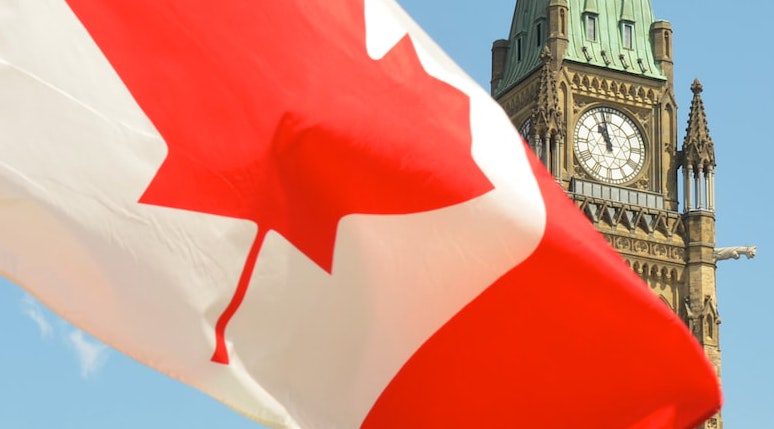
This article originally appeared in the Calgary Herald.
By Tom Mann and Ken Coates, August 19, 2022
In a world already roiling in rapid political, economic and technological change, difficult times only aggravate pain and uncertainty. Across Canada, churning political currents exacerbated by rising energy costs, surging inflation and a chaotic housing market have left people increasingly preoccupied with personal and family challenges. But a dark and worrying world, both inside Canada and internationally, requires our urgent attention.
Vladimir Putin’s invasion of Ukraine has evoked widespread disbelief and horror as Russia mercilessly obliterates its neighbour. The intensity and brutality of the assault has created horrific images, but it is not clear that Canadians have taken the horror fully on board. Our personal sense of morality should rise when our collective sense of civility is violated. Instead, we are mildly perturbed and leave it to the federal government to intervene on our behalf.
We must be more honest about our reaction to this most recent war, even if it is an unflattering portrait. Canadians can be known to be complacent with a self-image that is based on earlier peacekeeping missions and a track record for defending human rights violations internationally.
Our sense of moral outrage is slipping. News media characterizations of Russia’s invasion has once again exposed Canadians to terms like “oligarchy,” “genocide” and “war crimes.” These words are not foreign to our lexicon but they have taken on renewed urgency. Canadian reaction, however, has been muted. We have opened our doors a crack to Ukrainian refugees, and we have sent money and supplies — now standard national responses — but we are hardly obsessing about Russia’s atrocities or Ukraine’s distress.
The same collective listlessness can be sensed domestically. We occasionally climb up on a moral high horse in response to Indigenous issues, as the country did temporarily around water advisories, or more intensely around the rediscovered graves of school children at residential school sites across the country. We treated the latter as a revelation when it was nothing of the sort. The deaths of several thousand residential school children has been known for decades; we just opted to ignore the words and experiences of survivors and the parents of school kids.
As with Russia, our concern with Indigenous struggles and depredations is much wider than it is deep. Our responses are more superficial than structural, more temporary than long-term. We can become appropriately upset about Russia and Canada’s pattern of mistreating Indigenous peoples, but then we continue in both cases along familiar paths.
Canadians are citizens of the world. We are also citizens of our country and as such are responsible both for its history and for our collective future. Canadians have important roles to play in converting words of sympathy and dismay into meaningfully active, sustained responses. It is essential that we discard and reject the paternalism of the past. Non-Indigenous peoples still perpetuate an unconscious assumption that they and their governments know what is best for Indigenous peoples.
Canadians are reaching out — more mildly and with less urgency than the situation requires — to the citizens of Ukraine with generosity of spirit and support. But one feels the strong pull of history in our relationships with Indigenous peoples. We confuse federal spending with affection, as governments apparently believe financial allocations will steer Indigenous communities in the preferred national direction. We think that policies matter more than individual attitudes, compassion and friendship, when in fact these federal actions cause as much difficulty and pain as solutions.
A better Canada awaits us all, one that finally includes Indigenous peoples and does not preach of reconciliation but actively manifests real and sustained partnership in everyday life. Canada is capable of great things, but as the experience of Indigenous peoples demonstrates, it is also capable of unconscionable evil and overweening self-interest.
As Canada continues to define its global place in the 21st century, standing by the Ukraine in that nation’s time of great need, the country must realize that its international credibility also rests on whether or not we rectify our greatest domestic challenge — and failure.
Tom Mann is a former deputy minister with the government of New Brunswick and managing director of Gitpo Spirit Lodge in Eel Ground, N.B.
Ken Coates is director of the Indigenous affairs program at the Macdonald-Laurier Institute, and a Canada research chair at the University of Saskatchewan.





